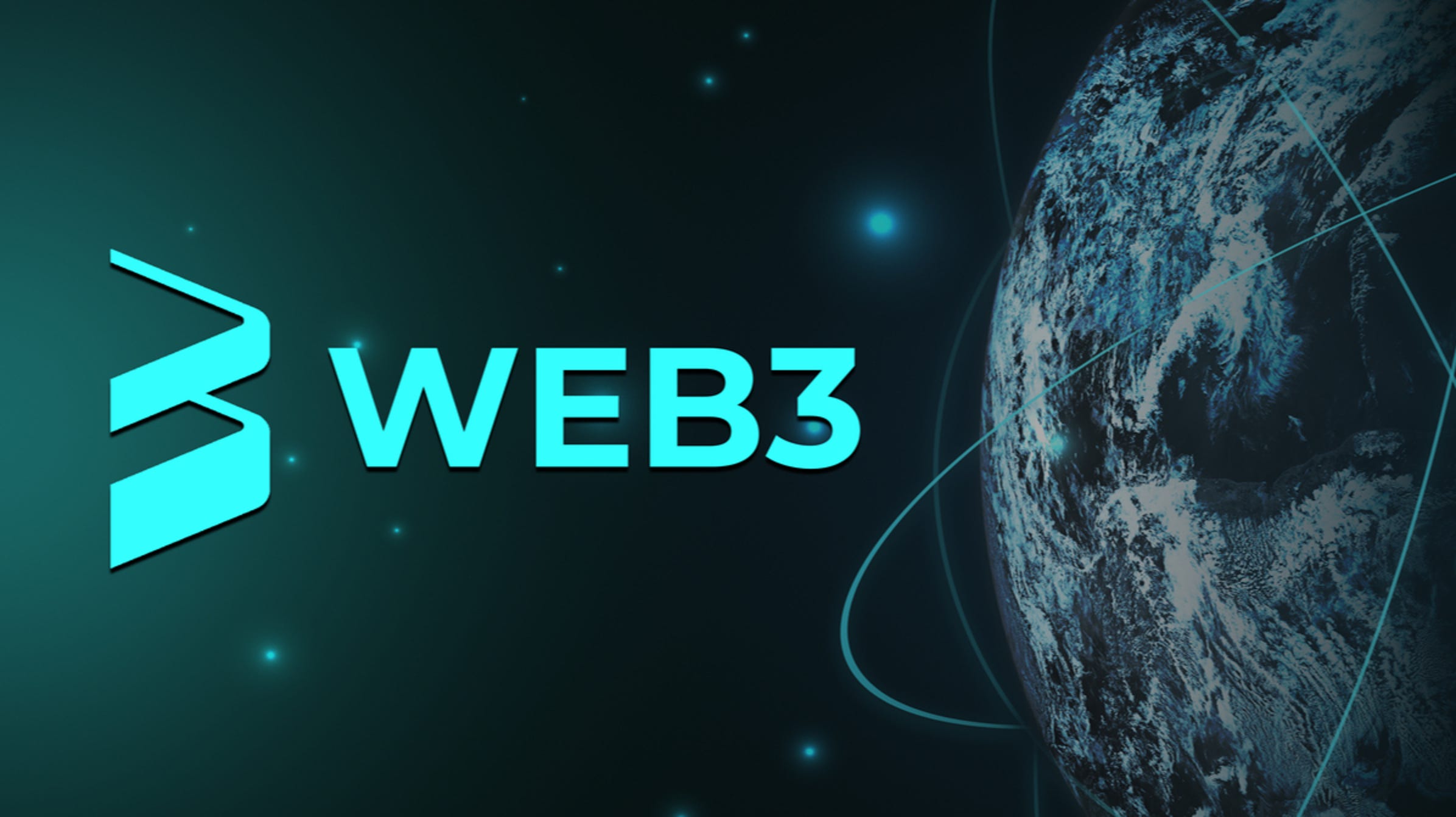Web3 Startups to Watch: Innovators Pushing the Boundaries of Decentralization Introduction The rise of Web3 is ushering in a new era of decentralization, where blockchain technology empowers users with greater control, privacy, and ownership over digital assets. Startups at the forefront of this revolution are transforming industries ranging from finance to social media, gaming, and …
Web3 Startups to Watch: Innovators Pushing the Boundaries of Decentralization

Web3 Startups to Watch: Innovators Pushing the Boundaries of Decentralization
Introduction
The rise of Web3 is ushering in a new era of decentralization, where blockchain technology empowers users with greater control, privacy, and ownership over digital assets. Startups at the forefront of this revolution are transforming industries ranging from finance to social media, gaming, and beyond. As venture capital pours into Web3, some innovators are standing out, reshaping how we interact with the internet. This article explores some of the most promising Web3 startups driving decentralization forward.
The Web3 Revolution: Why Startups Are Leading the Charge
Unlike traditional tech giants that dominate Web2, Web3 startups are pioneering user-owned, decentralized applications (dApps) that eliminate intermediaries. Key areas where Web3 startups are making an impact include:
- Decentralized Finance (DeFi): Removing banks and financial intermediaries for open, permissionless transactions.
- NFTs and Digital Ownership: Giving users control over digital assets, from art to real estate.
- Decentralized Social Media: Redefining online communities with user governance.
- Blockchain Infrastructure: Enhancing scalability, interoperability, and security in blockchain networks.
- Play-to-Earn Gaming: Creating new economic models in the gaming industry through blockchain-based assets.
Top Web3 Startups to Watch
1. Arweave – Decentralized Permanent Storage
- What They Do: Arweave offers a permanent and decentralized storage network, ensuring that data is stored immutably on the blockchain.
- Why It Matters: Unlike traditional cloud storage, Arweave allows users to store data forever for a one-time fee, disrupting centralized cloud giants like AWS and Google Cloud.
- Key Use Cases: Digital archiving, NFT metadata storage, and decentralized content hosting.
2. Lens Protocol – Reinventing Social Media
- What They Do: Developed by Aave, Lens Protocol is a decentralized social graph that gives users control over their content, data, and followers.
- Why It Matters: In contrast to platforms like Facebook or Twitter, Lens allows users to own their social identities and move between applications seamlessly without losing their audience.
- Key Use Cases: Decentralized social networking, content monetization, and user-controlled social interactions.
3. StarkWare – Scaling Ethereum with Zero-Knowledge Proofs
- What They Do: StarkWare develops Layer 2 scaling solutions for Ethereum, using zero-knowledge rollups (ZK-rollups) to process transactions more efficiently.
- Why It Matters: Ethereum’s scalability challenges make transactions slow and costly; StarkWare enhances throughput while reducing fees.
- Key Use Cases: DeFi applications, NFT marketplaces, and gaming dApps.
4. Worldcoin – Universal Basic Income through Crypto
- What They Do: Worldcoin aims to distribute free crypto to everyone globally through iris-scanning technology, creating a universal digital identity system.
- Why It Matters: It tackles issues of digital identity, financial inclusion, and equitable crypto distribution.
- Key Use Cases: Digital identity verification, UBI experiments, and global financial inclusion.
5. Filecoin – The Future of Decentralized Storage
- What They Do: Filecoin is a decentralized storage marketplace that enables users to rent out unused storage space.
- Why It Matters: Unlike centralized cloud storage providers, Filecoin leverages a distributed network to enhance security, lower costs, and improve efficiency.
- Key Use Cases: Data storage for Web3 applications, decentralized web hosting, and NFT storage.
6. Immutable X – Powering NFT Scalability
- What They Do: Immutable X is a Layer 2 scaling solution for NFTs, offering gas-free minting and trading.
- Why It Matters: It enhances environmental sustainability while allowing NFT platforms to operate more efficiently.
- Key Use Cases: NFT gaming, digital collectibles, and metaverse asset trading.
7. Polkadot – Enabling Blockchain Interoperability
- What They Do: Polkadot allows multiple blockchains to communicate and share data securely.
- Why It Matters: Most blockchains operate in silos; Polkadot enhances interoperability, scalability, and customization.
- Key Use Cases: Cross-chain DeFi, gaming ecosystems, and multi-chain dApps.
8. Aave – Leading DeFi Lending Protocol
- What They Do: Aave is a decentralized lending platform that allows users to borrow and lend crypto without intermediaries.
- Why It Matters: It enables open, permissionless finance, removing the need for banks.
- Key Use Cases: Crypto lending and borrowing, yield farming, and DeFi innovations.
Challenges Web3 Startups Face
While Web3 startups are pioneering innovation, they face several challenges:
- Regulatory Uncertainty: Governments are still formulating policies around DeFi, NFTs, and digital assets.
- Scalability Issues: Many blockchain networks struggle with transaction speed and cost.
- User Adoption: Web3 platforms often require technical knowledge, limiting mainstream accessibility.
- Security Concerns: Smart contract vulnerabilities can lead to exploits and financial losses.
The Future of Web3 Startups
The Web3 landscape is evolving rapidly, with startups continuously pushing the boundaries of decentralization. As blockchain technology matures, Web3 startups will drive the next wave of innovation, transforming industries and redefining digital interactions. Investors, developers, and users should keep an eye on these groundbreaking projects as they shape the future of the internet.
Conclusion
Web3 startups are at the forefront of the decentralization movement, tackling issues of financial inclusion, data privacy, and scalability. From decentralized storage solutions like Filecoin to social media reinvention with Lens Protocol, these startups are reshaping how we engage with digital services. Despite challenges, the future of Web3 remains bright, with innovators continuing to build the next generation of the internet.
As Web3 adoption grows, these startups will play a crucial role in defining a more open, secure, and decentralized digital future.









